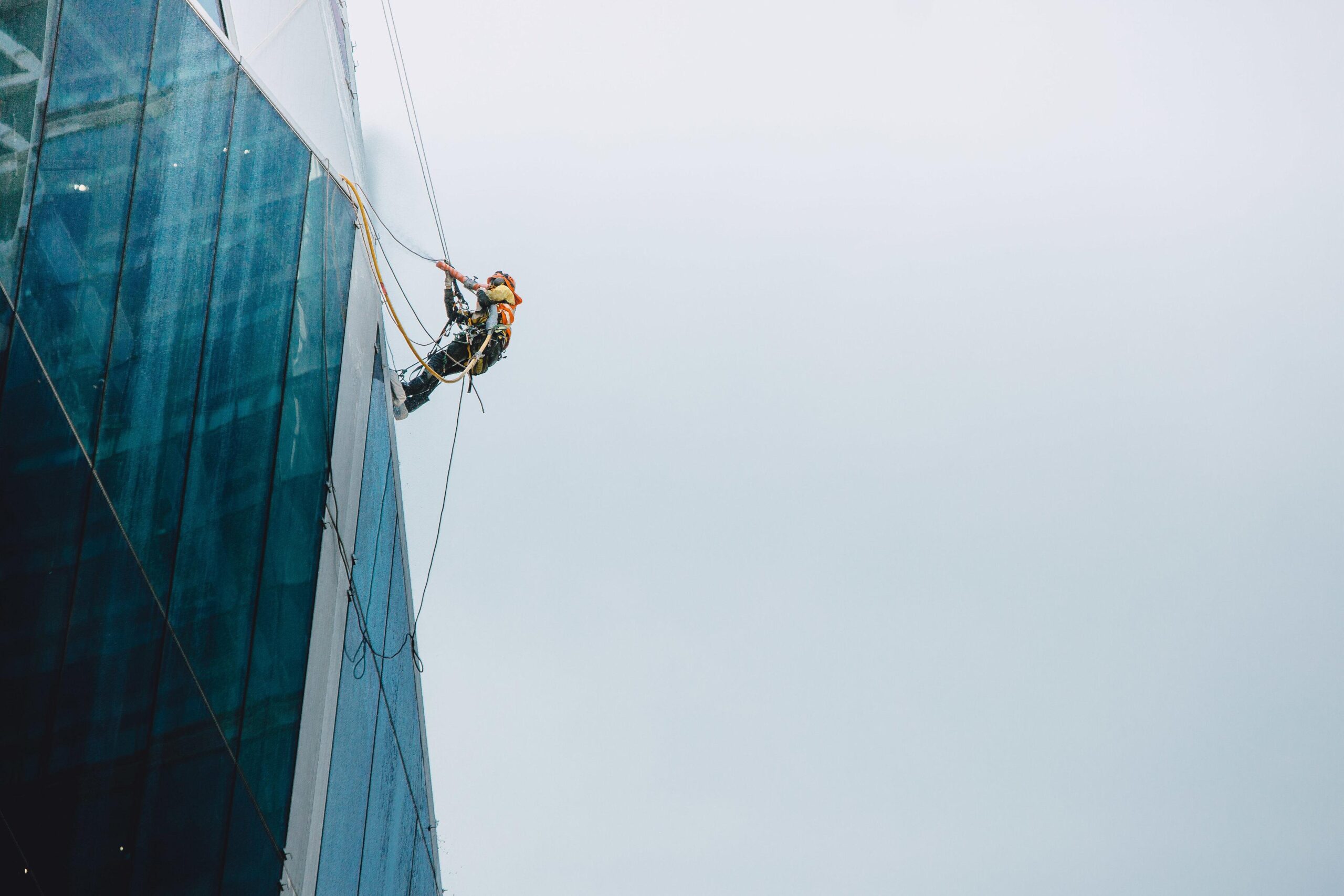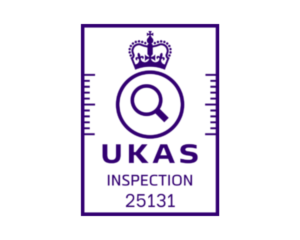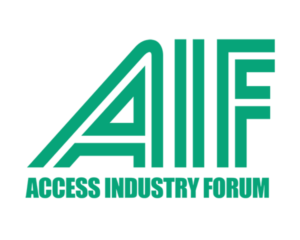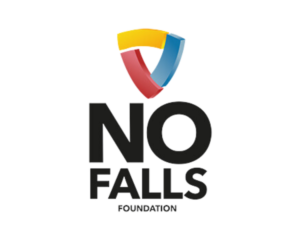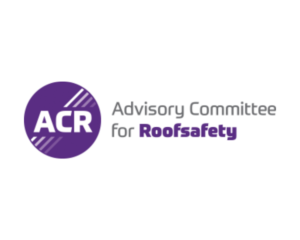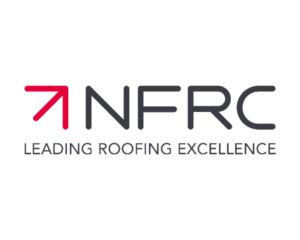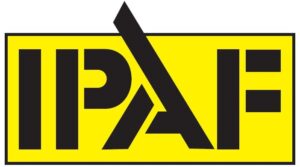As the established trade association and training body for the safety netting and temporary safety systems industry, FASET aims to always keep up to date with the latest news from the building access industry.
We are pleased to share the following story from IRATA, the Industrial Rope Access Trade Association, which was formed to provide a safe working environment for the rope access industry.
Whilst IRATA International has continued to grow in Member and Technician numbers year on year, the recent tragic event in Australia has highlighted that even with that growth, we continue to be a close-knit community who show support and concern for each other.
The reported incident in Australia is currently under investigation in accordance with local regulations and legal requirements, and as such, no further information is available at this time.
The Association’s role regarding reported incidents is to provide support and guidance to its members and technicians. IRATA reiterates the importance of safe systems of work that must be in place when carrying out industrial rope access operations.
Planning, management, supervision, competence, and the selection and use of fit for purpose equipment are all equally important elements which are required to form the safe system of work.
We draw your attention to the following information:
Planning, management and supervision
The primary objective behind the planning, management, and direct supervision of rope access projects is to create and maintain a work environment that maximizes safety and minimizes the risk of error, incidents, and injury or loss. Due process should be followed for undertaking risk assessments and all team members are encouraged to have input. It is critical that risk assessment is done relevant to each site, the task being performed, the competency of team members, equipment in use and all other related aspects. An important additional consideration is the assessment of the potential impact of any simultaneous operations.
Competence
Rope access work can only be carried out in a reliably safe manner where the people undertaking the work have proven competence. To be considered competent, a rope access technician needs to have sufficient professional or technical training, knowledge, experience and authority to enable them to carry out their assigned duties at the level of responsibility allocated to them. Workers need to understand and mitigate potential hazards relating to the work, have knowledge and familiarity with their equipment, and the ability to follow procedures, including provisions for workmate retrieval.
Selection of equipment
Equipment selection, purchase, and use must be governed by thorough risk assessment processes. All items are to be reviewed for suitability to task and the working environment, taking into account the competency of users, potential for misuse, manufacturer guidelines, and other relative factors. These equipment risk assessment processes are to be employed again at the worksite, with specific focus on the task being undertaken. Equipment whose performance characteristics and specifications for use are unknown should be subject to further scrutiny. If these cannot be reliably confirmed, the equipment should not be used.
Detailed guidance on these requirements can be found within Section 2 of the IRATA ‘ICOP’ HERE.
IRATA members and technicians are urged to continue to communicate with each other, their supervisors, employers, and manufacturers regarding any concerns that they may have in relation to safety and equipment use.
The IRATA Committees and head office staff offer their sincere condolences and support to all those affected by this tragic event.

